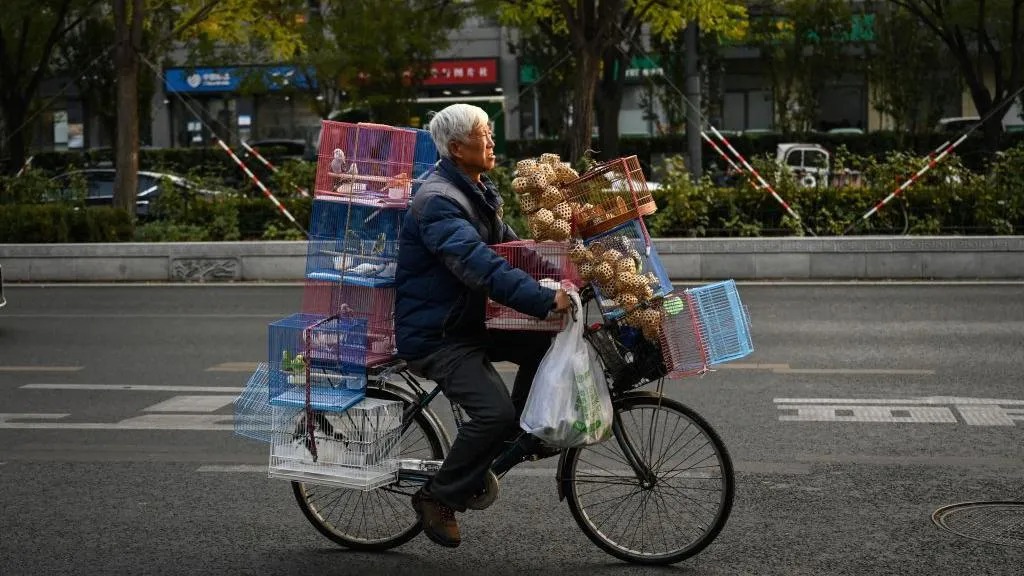
China is grappling with a disturbing surge in mass attacks during 2024, raising alarms about underlying societal tensions. Reports indicate that 19 such incidents occurred this year, a significant jump from the annual average of three to five cases between 2019 and 2023. These attacks have resulted in 63 fatalities and 166 injuries, with November being particularly tragic. The unsettling trend calls for an examination of its root causes and potential solutions.
A Troubling Wave of Violence
November 2024 witnessed several shocking incidents. In Zhuhai, a 62-year-old man, dissatisfied with his divorce settlement, drove into a crowd, killing 35 people. Similarly, in Changde, financial woes led another man to target a school, injuring 30 individuals. These attacks reflect a troubling pattern of discontent manifesting as violence against strangers, often described as “revenge on society.”
While these incidents are rare considering China’s vast population, their frequency and randomness have sparked widespread unease. Experts like David Schak of Griffith University note that such attacks often come in waves, driven by copycat tendencies and a desire for attention.
Economic Strains and Social Pressures
China’s slowing economy is a significant factor behind the growing frustration. High youth unemployment, a real estate crisis, and widespread financial instability have left many feeling trapped. Entire housing projects remain unfinished, forcing some families to live in incomplete structures without basic amenities. These economic challenges have fostered a sense of pessimism, with many blaming an “unfair economic system” for their struggles.
George Magnus from Oxford University’s China Centre describes the situation as a “cycle of repression,” where social and economic pressures intertwine. Limited outlets for voicing grievances exacerbate the problem. State-controlled media and courts often fail to address public concerns, leaving many feeling unheard and powerless.
Limited Avenues for Relief
China’s strict censorship and crackdown on dissent have further constrained its citizens. Online platforms, once a space for venting frustrations, now face increased monitoring. Small-scale protests are often swiftly suppressed, leaving few avenues for constructive expression. This lack of emotional outlets has highlighted the country’s inadequate mental health services, which struggle to meet the needs of at-risk individuals.
Addressing the Crisis
President Xi Jinping has urged officials to address societal risks and resolve conflicts early. However, the response has largely focused on enhanced surveillance and quicker police action rather than systemic reforms. Experts warn that this approach may not address the root causes of the issue. Lynette Ong of the University of Toronto emphasizes the need for mental health support and constructive strategies to manage stress and frustration.
Looking Ahead
China’s current trajectory suggests a mounting pressure cooker of societal tensions. Without meaningful reforms, the risk of further instability looms large. The challenge lies in addressing economic disparities, improving mental health resources, and creating channels for public grievances to be heard.
For a deeper dive into this topic, visit BBC for external insights or Eurasia Sports for related analysis.






